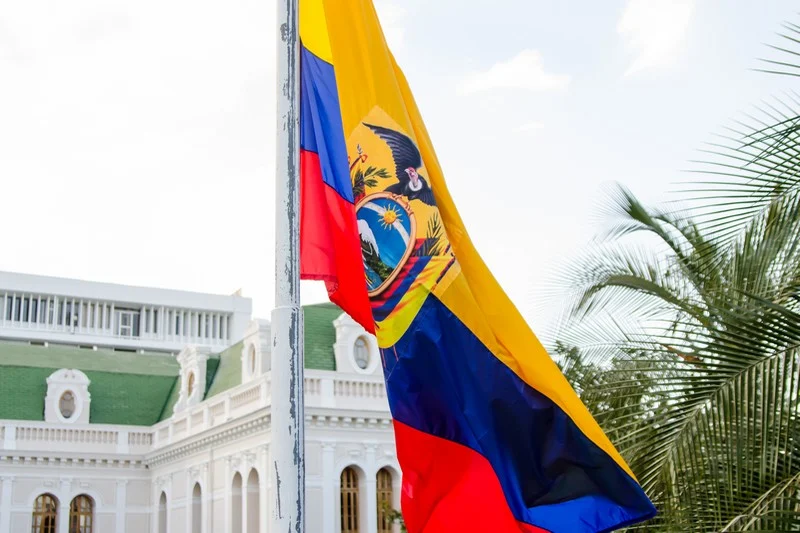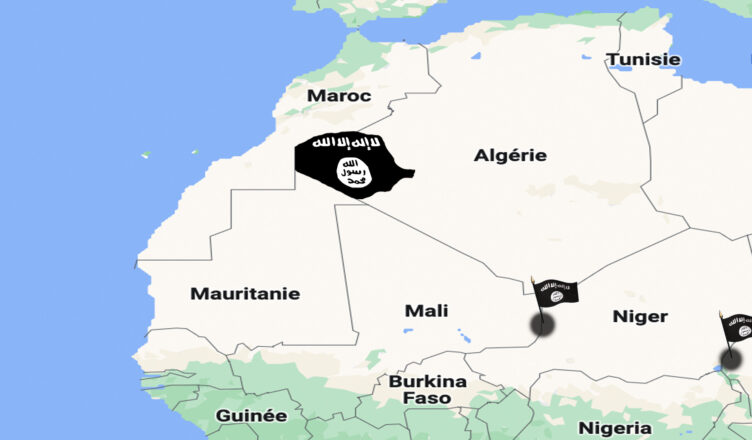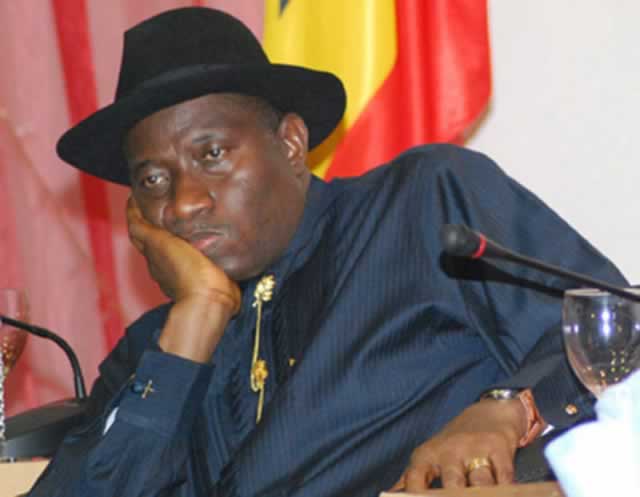The Republic of Ecuador has officially begun the process of revoking its recognition of the so called “Sahrawi Arab Democratic Republic” (SADR), self-proclaimed by the separatist Polisario group that it had previously recognized in 1983 and allowed to establish a so-called “embassy” in the country in 2009.
The decision to end diplomatic relations with the Polisario is a significant shift in Ecuador’s foreign policy. According to reliable sources, the country has removed the Polisario from its official list of nations with accredited diplomatic missions in Quito.
The so-called representation of the Algeria-backed Polisario, which had been listed on Ecuador’s Ministry of Foreign Affairs website, has now been deleted from records.
Ecuador has also ordered the separatist representatives to close their mission in the country and leave. Images and videos relayed by Moroccan media show the closure of the fake embassy, and the removal of their “flag” from the building.
Ecuador had decided on October 22 this year to suspend its recognition of the so-called “SADR”.
Gabriela Sommerfeld, Ecuador’s Foreign Minister, had then notified her Moroccan counterpart, Nasser Bourita, of the decision in a phone call. She had also sent an official letter to the separatist mission in Quito informing them of the closure.
Ecuador’s decision signals a new phase in the diplomatic relationship between Rabat and Quito and opens up a new chapter in relations between the North African Kingdom and this Latin American country.
The timing of Ecuador’s decision is significant as it comes just a day after Panama announced a similar move to suspend diplomatic relations with the Polisario.
These moves come amid a growing international support for Morocco’s sovereignty over its Sahara and for its autonomy initiative, described by the international community as the ONLY “serious, credible & realistic” solution to the Sahara regional conflict.
This momentum is building on the opening of several consulates in the Saharan cities of Laayoune and Dakhla, the Morocco-Nigeria gas pipeline project, and the royal Atlantic initiative, which aims to make the Atlantic a unique area for connectivity and advanced integration between Southern nations and their international partners, a crucial move for achieving Atlantic prosperity.
These send a clear message to the world super-powers, Morocco’s partners, friends and especially to the other parties to the Sahara regional conflict and the UN that time has come to move towards a political solution based exclusively on the Autonomy plan, through the round table process and in accordance with Security Council resolutions.



